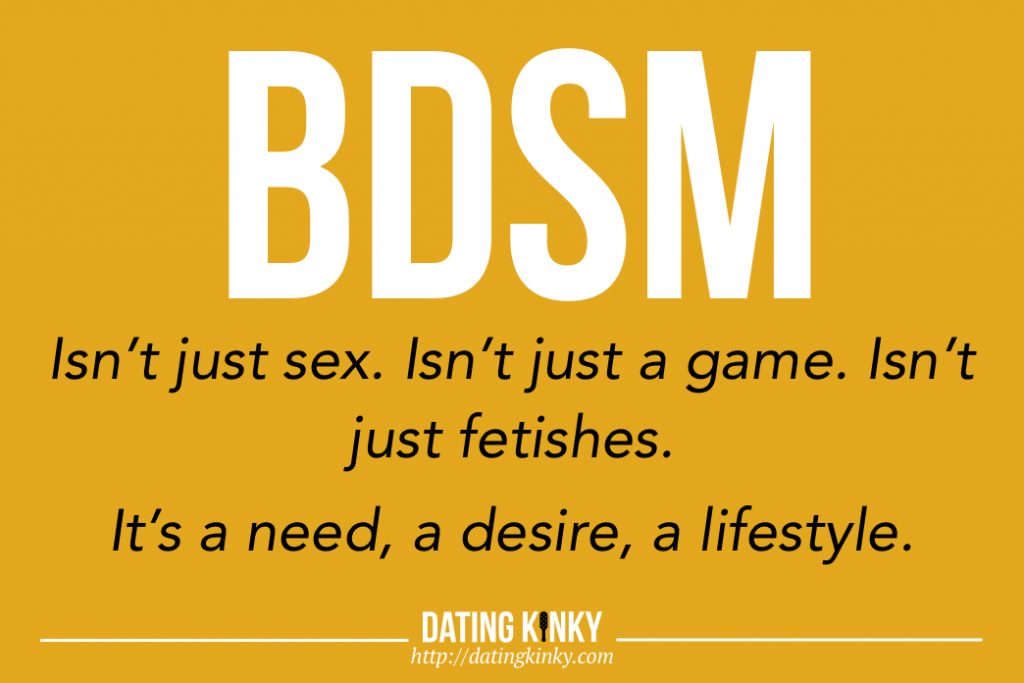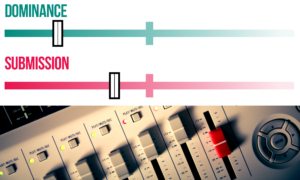What is BDSM?

BDSM is an acronym. It’s been defined many ways over the years, and not everyone agrees on exactly what it is, or how many concepts are included.
However, most people agree on at least two parts: BD and SM.
BD
The BD that starts the acronym is generally considered to stand in for Bondage and Discipline.
Bondage is the practice of consensually tying, binding, or restraining a partner for erotic, aesthetic, or somatosensory stimulation.
Discipline is a practice of power exchange wherein rules are set for the submissive partner, and when rules are broken, punishment is used to correct behavior and inspire obedience.
SM
SM in BDSM is generally thought to represent sadism and masochism.
Sadism is the tendency to derive pleasure, especially sexual gratification, from inflicting pain, suffering, or humiliation on others.
Masochism is the tendency to derive pleasure, especially sexual gratification, from one’s own pain or humiliation.
And then, there is the DS
Here is where things get disputed the most often. In the middle of BDSM, where the BD and the SM meet, another short acronym is formed: DS, or D/s, as it’s commonly written.
D/s is a conscious power exchange within a relationship, where one person gives up some of their power or cedes control to another, usually over a longer period of time/within a relationship.
Many people say that D/s was added in later, and is not really a part of the BDSM acronym. Also, that Discipline in a single word covers the mental aspects and power exchange that D/s represents.
However, it’s been argued that discipline is primarily the physical act of punishment, and that bondage, sadism and masochism all focus on the physical as well, while D/s effectively refers to and covers the parts of BDSM that happen in the head.
Even if we agree…
That D/s is a part of the BDSM acronym (and that is the more common definition at this point), BDSM is still limited as a concept when compared to the wide world and variety of kink itself.
BDSM is one part of kink, and a hugely popular part, sure.
But it is not the end-all, be-all.








